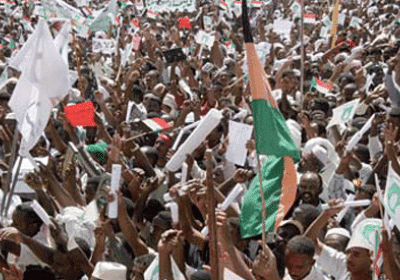
-
 “The situation in Egypt is different than the situation of Sudan,” Sudanese government spokesperson Rabie Atti insisted to reporters after January 30 anti-government protests. “We don’t have one small group that controls everything. Wealth is distributed equally. We’ve given power to the states.” Atti proves one similarity between Hosni Mubarak’s regime in Egypt and that of Sudanese President Omar al Bashir: both make ludicrous public statements that show no understanding of reality or the consciousness of their populations.
“The situation in Egypt is different than the situation of Sudan,” Sudanese government spokesperson Rabie Atti insisted to reporters after January 30 anti-government protests. “We don’t have one small group that controls everything. Wealth is distributed equally. We’ve given power to the states.” Atti proves one similarity between Hosni Mubarak’s regime in Egypt and that of Sudanese President Omar al Bashir: both make ludicrous public statements that show no understanding of reality or the consciousness of their populations. -

A joyous night in Cairo on February 11. What bliss to be alive, to be an Egyptian and an Arab. In Tahrir Square, they chanted: “Egypt is free” and “We won!”
-
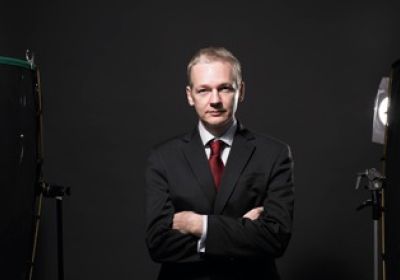
US investigators have admitted their efforts to find grounds on which to prosecute WikiLeaks editor-in-chief Julian Assange over the whistleblowing website’s release of hundreds of thousands of classified US documents were in trouble.
-
Venezuelan President Hugo Chavez expressed his support for workers in a dispute at a Venezuelan Coca-Cola plant conflict in a televised address on February 4. “If Coca-Cola doesn’t want to comply with the constitution and the law, well, we can live without Coca-Cola,” he said to cheers from the crowd. Chavez was speaking in Valencia, the capital of Carabobo state, where 1230 workers are striking in a bottling and distribution plant of Coca-Cola Femsa.
-
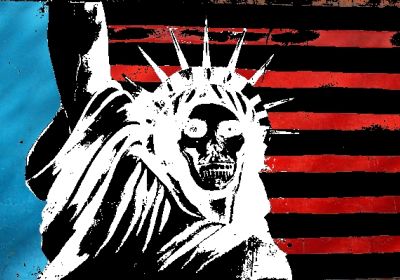
United States Secretary of State Hillary Clinton, speaking at the Munich Security Conference Plenary Session on February 5, said the US had always stood for the principle “free people govern themselves best”.
-

The attempt by Hosni Mubarak’s regime to stop anti-government protests by shutting down the internet and mobile phone services failed to stop the popular uprising that forced the dictator out on February 11.
-
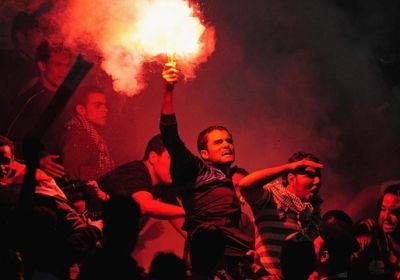
Over the decades that have marked the tenure of Egypt's "President for Life" Hosni Mubarak, there has been one consistent nexus for anger, organisation and practical experience in the ancient art of street fighting: the country's soccer clubs.
-
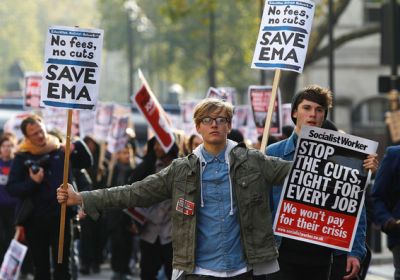 When the British Conservative-Liberal Democrat coalition government announced it would raise the maximum yearly tuition fee universities could charge students to £9000, thousands of students took to the streets of London in a series of protests. Highlights included occupying the Conservative Party headquarters in London and frightening Prince Charles. The tuition rise came after the release on October 12 of the Browne Review, a report into education funding chaired by former BP chief executive John Browne. The report recommended abolishing the cap on tuition fees.
When the British Conservative-Liberal Democrat coalition government announced it would raise the maximum yearly tuition fee universities could charge students to £9000, thousands of students took to the streets of London in a series of protests. Highlights included occupying the Conservative Party headquarters in London and frightening Prince Charles. The tuition rise came after the release on October 12 of the Browne Review, a report into education funding chaired by former BP chief executive John Browne. The report recommended abolishing the cap on tuition fees. -
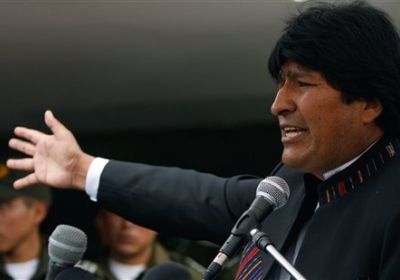
Bolivian President Evo Morales praised “the popular uprisings in Tunisia and in Egypt” in his speech to the opening ceremony of the World Social Forum in the west African nation of Senegal on February 6. Morales said the uprisings were part of the “rebellion by the peoples of the Arab countries against US imperialism”. “This struggle by the people is going to be unstoppable,” Morales said, “even though the US government provides millions and millions of dollars of financing to try and finish these social movements. “But this is not going to stop.”
-
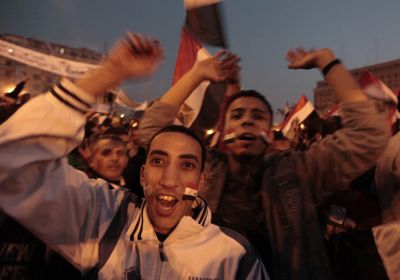
In a world-shaking event, after 18 days of constant street protests, the Egyptian people’s revolution won a huge victory when dictator Hosni Mubarak finally resigned on February 11.
-
According to multiple reports tens of thousands of workers across Egypt have gone on strike and joined the anti-Mubarak protests.
-
The deepest cuts to Britain’s public spending since World War II were announced in October. At the same time, it was revealed that some of the nation’s biggest corporations and richest people were using legal loopholes to avoid paying tax. The treasurer in the Conservative Party-Liberal Democrat coalition government, Conservative MP George Osborne, announced that £81 billion would be slashed from public spending including £7 billion in welfare cuts.